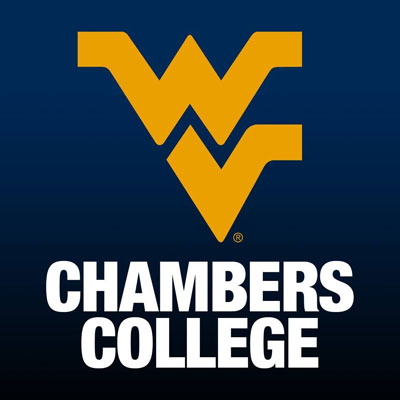It’s a familiar story for many college professors. They never thought, in their youth, that their career would lead them to teaching.
For Salman Nazir, a career in engineering was on the horizon – at least, that’s what he had initially thought. A man always interested in technology, he pursued a master’s degree in information systems at the University of Texas in Arlington before going back to Karachi, Pakistan, to put his new skills to work.
It was teaching older employees how to use technology for organizational purposes in his career at Pakistan International Airlines that led him to believe he’d be a good fit for the profession.
“During my three years as a systems analyst, I saw where they had installed a fancy new system, and there was a disturbance in the workflow of their current employees. Some employees hated it, because they didn’t understand how to use it, while others loved it since they could use the technology for their benefit,” Nazir said. “I was amazed and interested in the impact of the technology. It piqued my interest in technology’s enabling and constricting roles so much that I wanted to pursue research in this field.”
Nazir began applying to Ph.D. programs in North America, and soon began his journey at McGill University in Montreal, Quebec, pursuing a doctoral degree in management information systems. Nazir described it as a time of discovery in his life: he went into it with an idea, but the experience opened up a lot of new doors for him. He became increasingly interested in how organizations use technology and the value it provides for employees.
Soon after, in 2012, West Virginia University was looking for an assistant teaching professor to teach core programming courses for the management information systems program at the College of Business and Economics. Nazir applied and got the position, and started teaching at WVU before he was fully complete with his Ph.D. at McGill.
“While I didn’t see too much of a difference in the students I taught at McGill to the students here at B&E, the difference here is how the faculty approaches their jobs, and how interested they are in doing everything they can to benefit the students,” he said. “My colleagues are always thinking of ways to improve the coursework and offerings so that the students have the right kinds of tools to enter the job market.
“You get the feeling here at B&E that the students are the priority, and I really like that. As an educator, I feel that they are my responsibility, and I’m interested in giving them what they need to be successful in the real world.”
He said the most surprising thing for him to learn in his teaching career are all the different ways that people learn, and apply their knowledge.
“I’ll give them a concept, and think that I’ve perhaps presented it in the most straightforward kind of way, but the different students understand it in different ways, and want to see it applied in different ways,” Nazir said.
Nazir’s current research is related to his Ph.D. thesis, essentially looking at information technology and how it provides value for organizations.
“The overall question that I look into is essentially how organizations use technology to sense change, and how they use this technology to respond to change.”
Nazir said while working on this project, he has studied the role of knowledge; what kind of knowledge a member of an organization gains from his/her partners within other units of the company. For instance how an IT unit would interact with marketing, finance, accounting or any other department, and how they’d use this knowledge to understand their environment, or how they use it to respond to changes in their environment. He also studies how members of organizations interact with their customers and other external partners such as suppliers, retailers, distributors and more.
He has been published in the Journal of the Association for Information Systems (JAIS), the flagship journal of the Association for Information Systems, which publishes the highest quality scholarship in the field of information systems. His research has also appeared in several information systems conferences, and has received a best paper award in the enterprise systems track at the 14th Americas Conference on Information Systems.
As for living in Morgantown after having lived in big cities within Pakistan, Canada and the United States, Nazir said he started to enjoy the small-town vibe very quickly upon his arrival, as well as the natural outdoor beauty that West Virginia has to offer.
“Everything is close by, everyone is so friendly and there is quite a bit of diversity in this town, including lots of other people from my country,” he said. “I wouldn’t want to move to a bigger city now that I’ve grown accustomed to the easy commute, and to bumping into my students at Kroger.”
“Overall, my favorite thing about being here in Morgantown and specifically at B&E is the student-teacher interaction. We learn so much from them, and we have a group of faculty that puts a lot of time and energy into teaching,” he said. “It really stands out to me, how our faculty’s sole purpose of being in academia is to benefit the students that they care so much about. I see different examples every semester of faculty members around here that are doing something amazing for their students, and using technology and different concepts to take their lessons to a different level.
“I came into this university in 2012 when the college was already being pushed in the right direction, always moving forward, and I saw our momentum as a really positive thing that was happening in that time. Now, with the new dean coming soon, the expectations are even higher, and we are well on our way to becoming a premier business school.”

